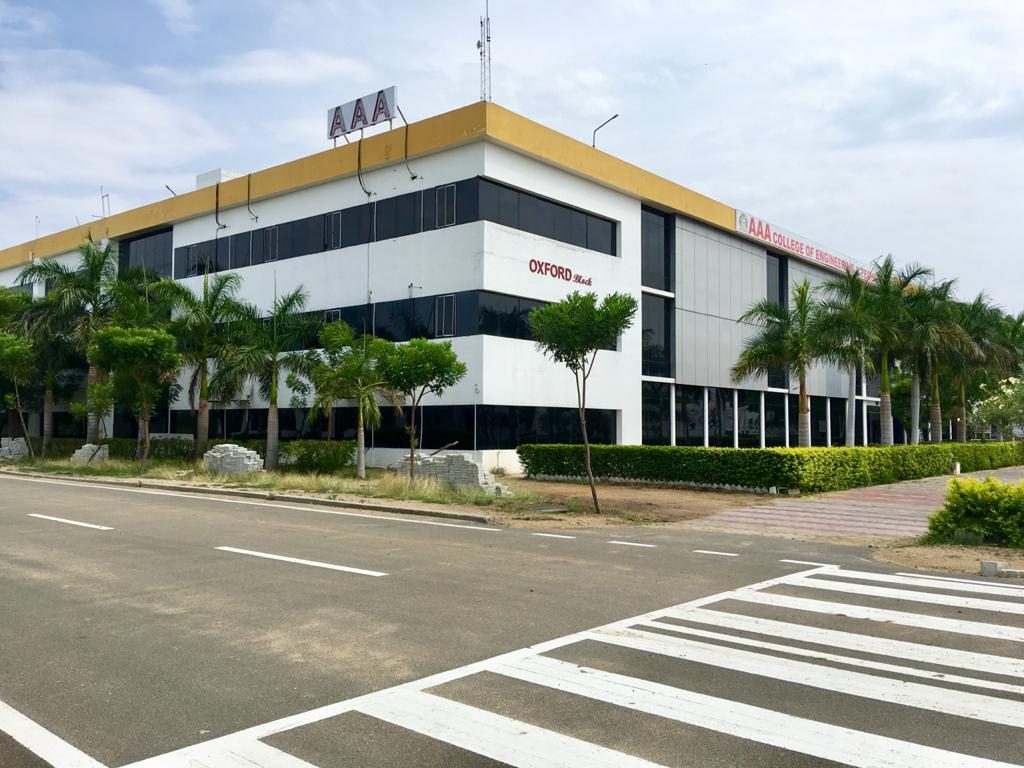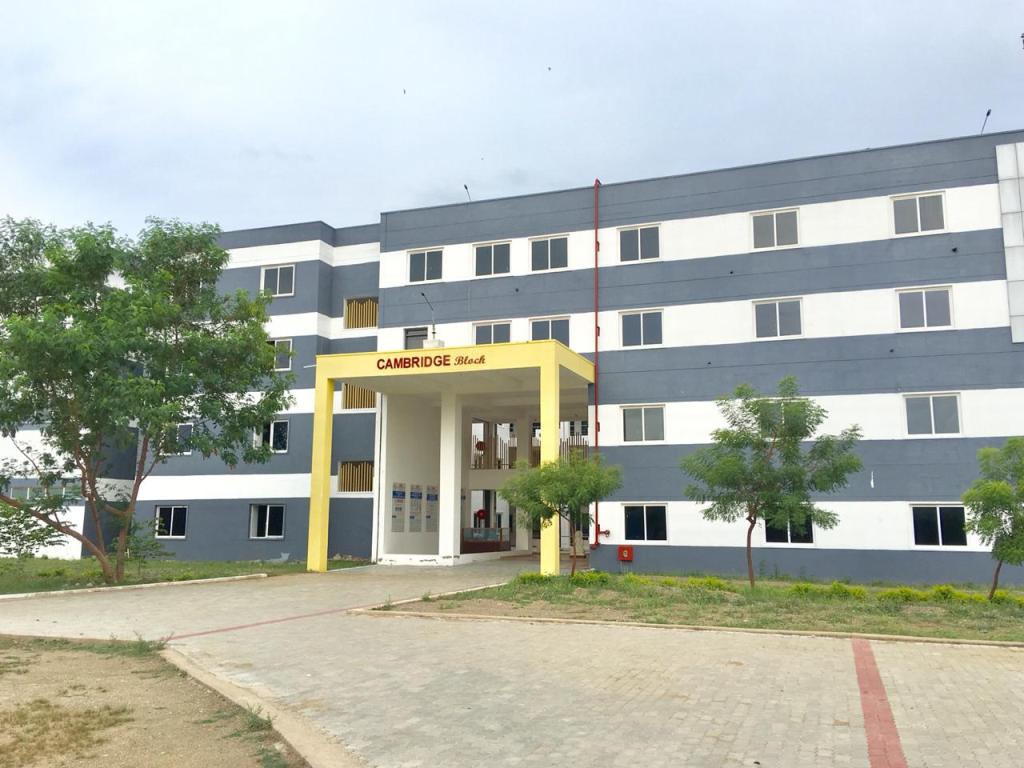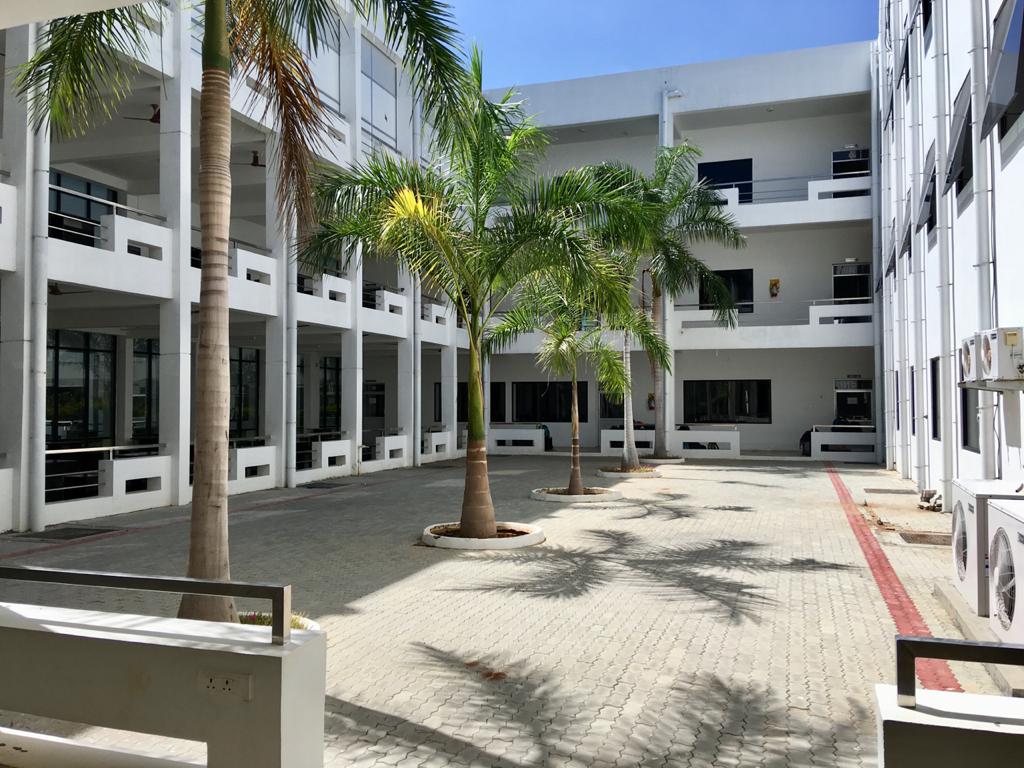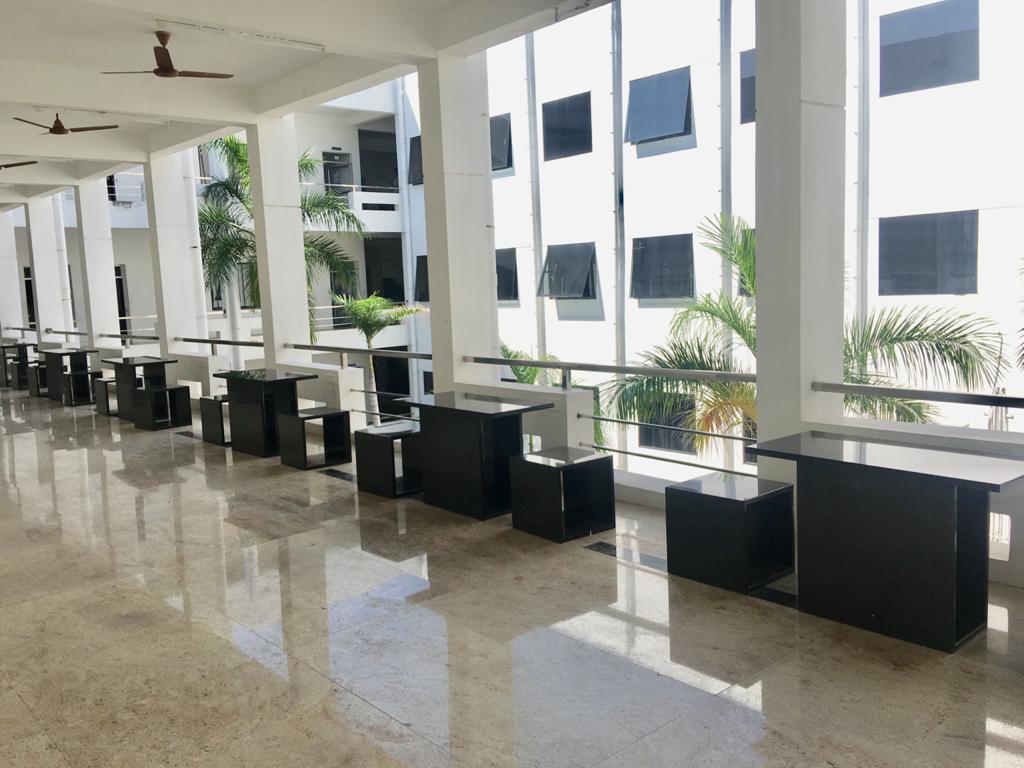Centre for Virtual Instrumentation
A Centre for Virtual Instrumentation focuses on promoting the best practices, advanced skills, and innovation within the LabVIEW environment. Laboratory Virtual Instrument Engineering Workbench (LabVIEW) is a system design software platform developed by National Instruments, used for data acquisition, instrument control, automation, and industrial systems. LabVIEW is a graphical programming environment that provides unique productivity accelerators for test system development, such as an intuitive approach to programming, connectivity to any instrument, and fully integrated user interfaces. An efficient LabVIEW application is designed without unnecessary operations, with minimal occupation including code, data, block diagram, front panel, and GUI updates.
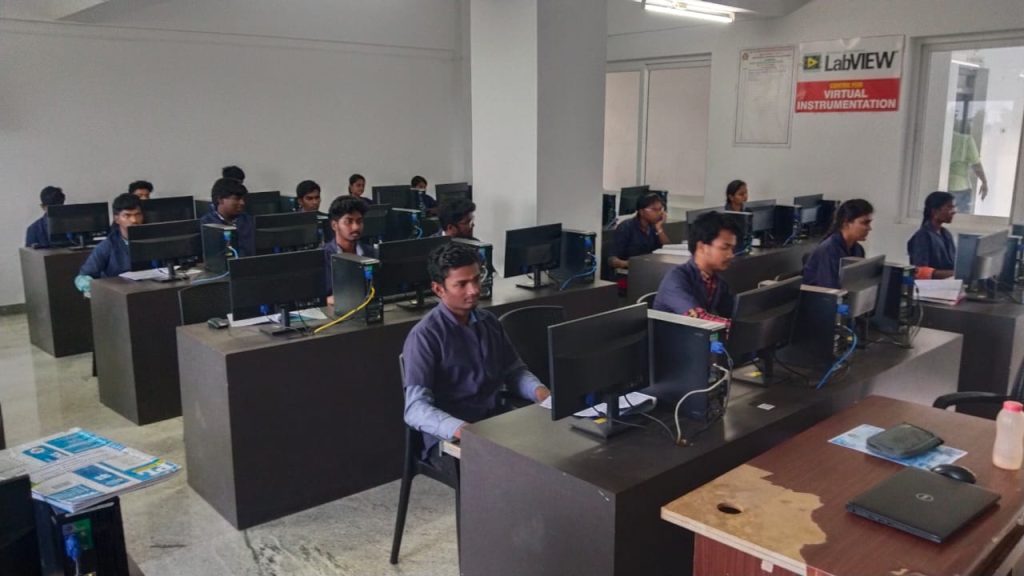
Features
- It has a user-friendly drag-and-drop kind of interactive User Interface.
- It supports thousands of inbuilt functions that range from analysis and I/O etc. These belong to the function palette
- LabVIEW has a modular design making. So it is easy to scale and modular programs.
- It has a plethora of professional development tools that help integrate and debug large applications.
- It has the tools needed for many open environment developments.
- It supports object-oriented programming structures enabling encapsulation and inheritance to create modular and extensible code.
- Being a compiled language it is faster.
LIST OF EQUIPMENTS
S No |
Description |
Quantity |
1 | LabVIEW Student Edition (10 users) | 1 |
2 | MyDAQ – Data Acquisition Hardware 2 channel Analog inputs, 16-bit resolution, 200kS/s, 2mA output current (maximum) – (HSN/SAC – 90329000 | 10 |
ACTIVITIES-CENTRE FOR VIRTUAL INSTRUMENTATION
S.No | Academic Year | Date | Name of the Programme | Resource Person(s) Detail | Beneficiary Detail | |
Nature of Participants | Student Strength
| |||||
1 | 2023-2024 | 21.03.2023 to 25.03.2023 | Five days Certification Course on ‘Virtual Instrumentation using LabVIEW’ | 1. Mrs. C. Uma Maheswari, Assistant Professor, Department of Electronics and Instrumentation Engineering, Kamaraj College of Engineering and Technology, Virudhunagar. 2. Mrs. S. Kavitha Assistant Professor, Department of Electronics and Instrumentation Engineering, Kamaraj College of Engineering and Technology, Virudhunagar. 3. Mr. C. Karuppasamy, Assistant Professor, Department of Electrical and Electronics Engineering, AAA College of Engineering and Technology, Sivakasi. 4. Mrs. V. Chandra, Assistant Professor, Department of Electrical and Electronics Engineering, AAA College of Engineering and Technology, Sivakasi. 5. Mrs. M. Maheswari, Assistant Professor, Department of Electrical and Electronics Engineering, AAA College of Engineering and Technology, Sivakasi. | III EEE | 20 |

